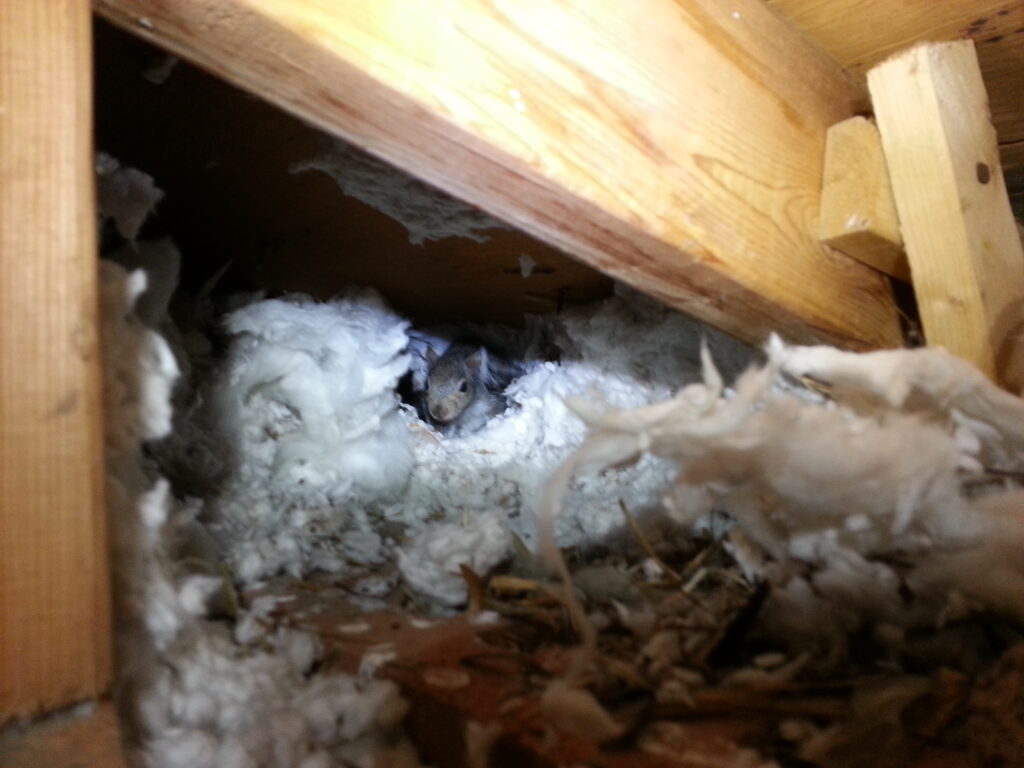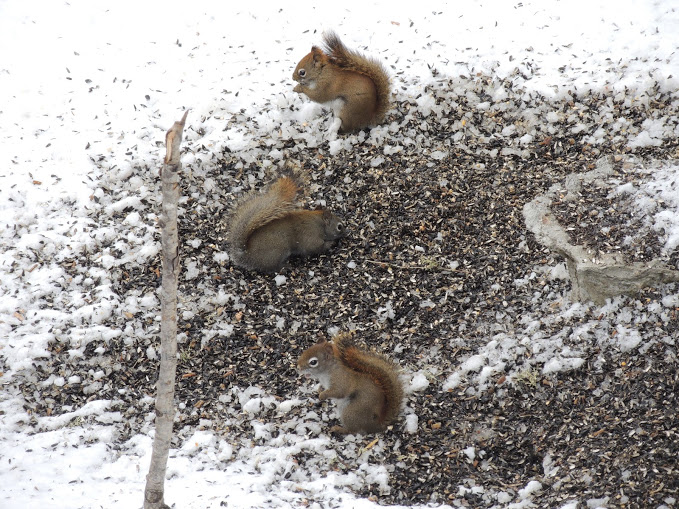Some of the strong feelings people have about squirrels may be due to misunderstandings about them. Here are some answers to common questions about squirrels.
1. What Do Squirrels Eat?
Acorns are among squirrels’ favourite foods but not the only thing they eat. Squirrels are happy to eat just about any kind of nut, including almonds and walnuts. They naturally gravitate to nut-bearing trees and gather whatever they can find, eating some nuts right away and storing others for later.
Squirrels eat nuts because they are packed with protein and other nutrients and don’t go bad when stored for long periods. However, squirrels have many other secondary food sources. They may eat vegetables and fruits, such as berries, when they are in season and save the nuts for winter when food is scarce. Though they derive much of their nutrition from plants, squirrels are technically omnivorous and can eat insects. Squirrels are also willing to dig into human garbage cans and eat trash if necessary.
2. Are Squirrels Rodents?
Squirrels are rodents, which means they are distantly related to mice and rats, as well as larger rodents, such as beavers and porcupines, and domestic rodents, such as hamsters and guinea pigs. There are about 1,500 rodent species worldwide. Representing approximately 40% of all mammals, rodents range widely in size and habitat. The thing that sets rodents apart from other mammals, is their front teeth, which continue growing throughout their entire lives. Squirrels and other rodents need to keep their teeth filed down so they don’t get too long, which they accomplish by constantly gnawing on things. Of all the wild animals that get into your home, squirrels can be the most destructive, so prompt squirrel removal is vital.
3. Where Do Squirrels Sleep?
Unlike their burrowing cousins, the ground squirrels, tree squirrels sleep up in trees. They make nests called dreys that are sometimes mistaken for birds’ nests, though squirrels’ nests tend to be larger and messier. Squirrels also sometimes build dreys in the hollows of trees rather than the branches, in which case they are harder to see from the ground.
Tree squirrels don’t hibernate in winter, though they may sleep more hours than they do when the weather is warm. When food is plentiful, they eat as much as they can to build up layers of fat for winter, meaning that they can eat less often. When they do need to eat, they take food out of the stores they’ve been saving while foraging for food in the summer.
4. Why Do Squirrels Nest in Attics?
It’s instinctual for tree squirrels to seek shelter as high off the ground as possible. Usually, this means trees, but if squirrels get on your roof, they may find a way into your attic, which offers all the benefits of trees and more. It offers more protection from predators, a consistent temperature, and potential nesting material in the form of insulation. Getting inside the attic is no problem, especially if there’s already a vulnerability that squirrels can exploit. Squirrels can squeeze their bodies through very tiny holes, and if an opening isn’t big enough, they can make it wider by gnawing, and filing down their teeth in the process.

5. What Can You Do To Prevent Squirrel Intrusion?
Squirrels stick around where food is easy to find, so avoid feeding them, either by hand or with a feeder. Maintain your yard and keep long tree branches trimmed. Don’t leave pet food outside and use wildlife-proof trash receptacles. Maintain proper roof drainage by keeping gutters clean and inspect your roof at least once a year for damage that squirrels could exploit.
If you do have a squirrel problem, call Skedaddle for Vancouver Island wildlife removal services. We remove squirrels humanely, clean up after them, and keep them from coming back.



